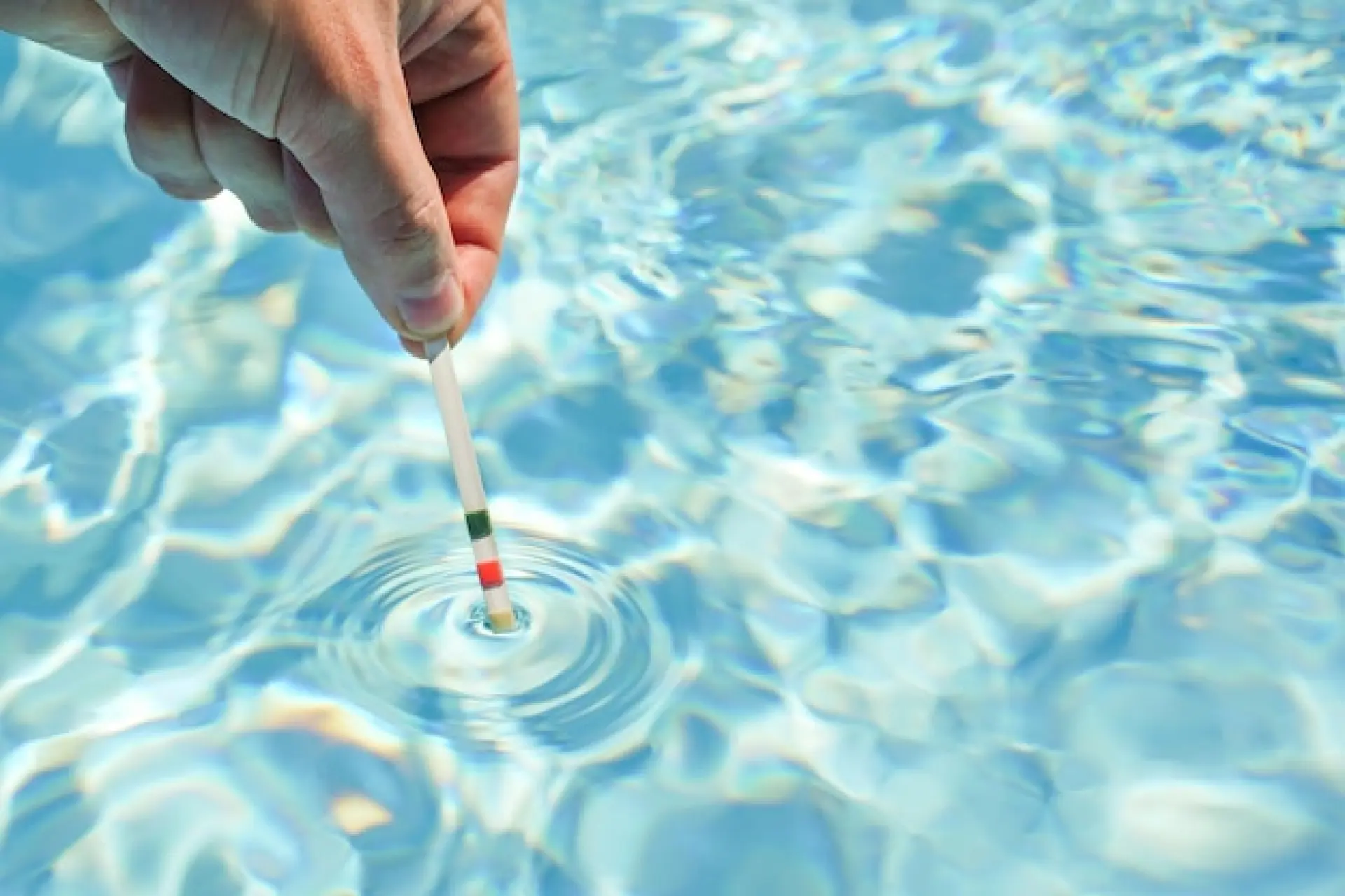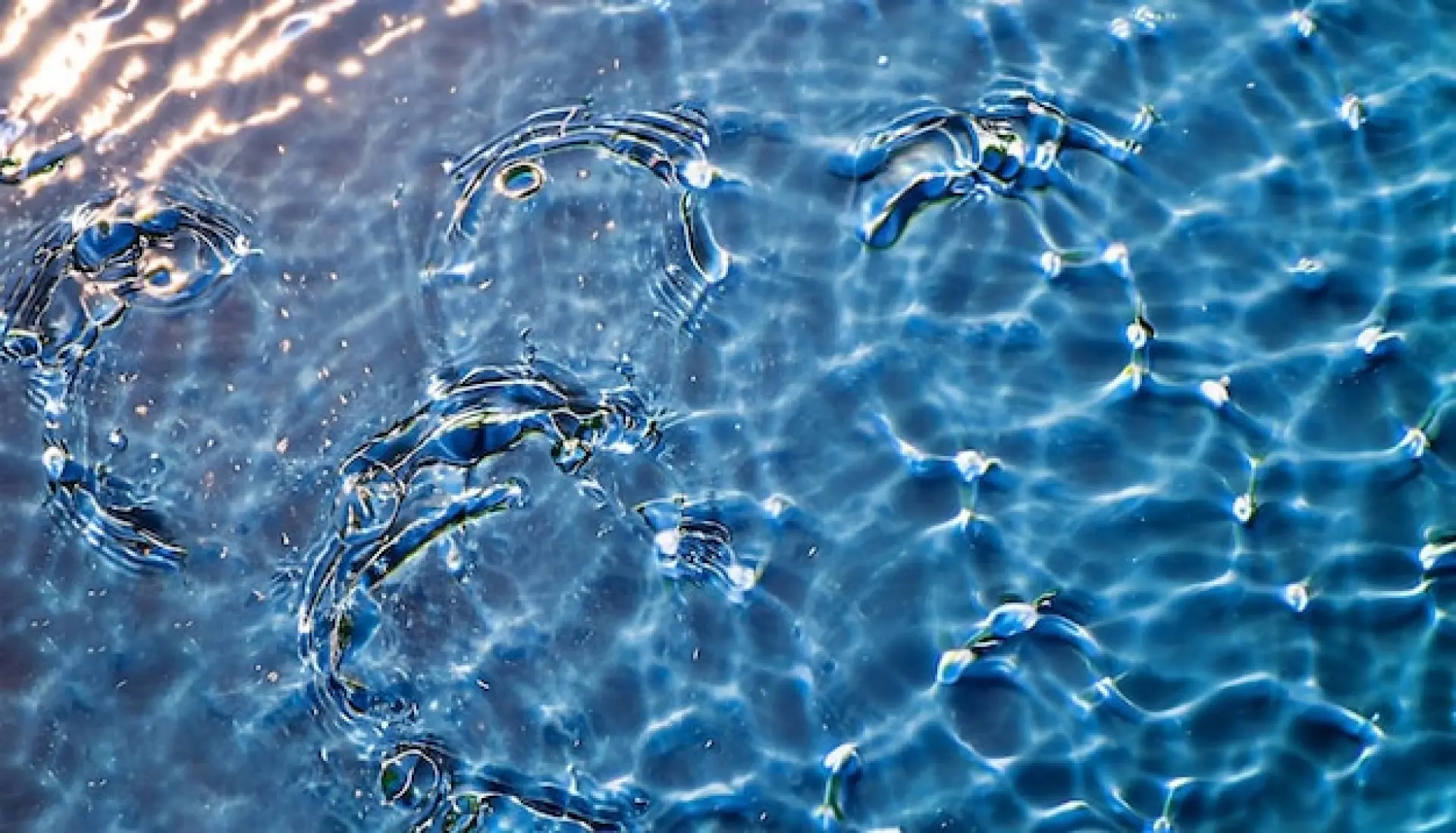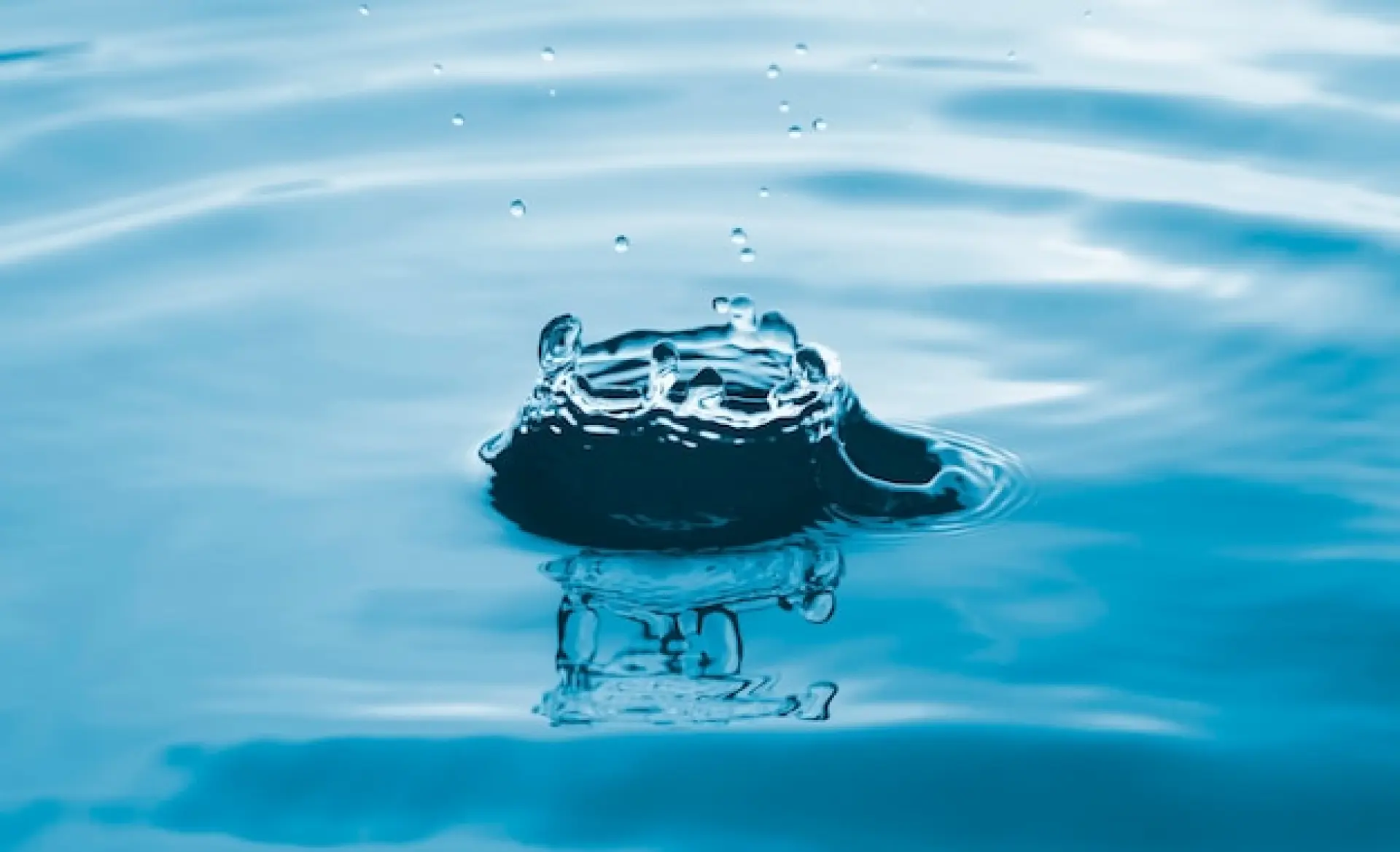Understand key UK Regulations for Mains Chlorination to ensure safety & quality of drinking water. Essential for developers & commercial property owners.
Key UK Regulations Governing Mains Chlorination
Mains chlorination in the UK is governed by regulations designed to ensure the safety and quality of drinking water. The Water Supply (Water Quality) Regulations set out the legal framework for maintaining water hygiene, requiring proper disinfection before a new or modified mains supply is connected to the public network.
Additionally, BS 8558 and BS EN 806 outline best practices for water system installations, including chlorination procedures. Water companies follow guidance from the Water Regulations Advisory Scheme (WRAS) and the UK Drinking Water Inspectorate (DWI) to enforce compliance. Failure to adhere to these standards can lead to supply rejection, fines, or legal consequences for responsible parties.
When Is Mains Chlorination Required?
Mains chlorination is necessary whenever a new water main is installed, extended, or repaired to prevent contamination. It is also required before a water system is connected to a public supply or reconnected after a prolonged period of disuse. Any significant alterations to internal plumbing systems, such as replacing pipework or installing large storage tanks, may also require disinfection.
Water companies and regulatory authorities may demand chlorination certification to confirm compliance with safety standards. Ensuring proper chlorination helps eliminate bacteria, viruses, and other contaminants, safeguarding public health and maintaining water quality.

Beyond regulatory compliance, mains chlorination is a critical measure for preventing outbreaks of waterborne diseases.
In large-scale construction or infrastructure projects, ensuring proper disinfection before commissioning water mains is essential for protecting end users. Schools, hospitals, and commercial properties must undergo thorough testing before receiving approval.
Additionally, chlorination should be considered when there is evidence of biofilm accumulation, which can harbour harmful microorganisms. Routine monitoring and periodic disinfection can help maintain system integrity and prevent costly remedial actions.
The Process of Obtaining a Mains Chlorination Certificate
Obtaining a mains chlorination certificate involves several key steps. First, a qualified contractor must disinfect the water main using an approved chlorination method. The chlorinated water is then flushed through the system to remove residual disinfectant. Following this, water samples are taken and tested for microbiological and chemical safety in an accredited laboratory.
If the test results meet regulatory standards, the water company issues a mains chlorination certificate, confirming the system’s compliance. This document is required before the main can be connected to the public supply, ensuring the water is safe for consumption and free from harmful contaminants.
Who Is Responsible for Compliance?
Responsibility for mains chlorination compliance falls on different parties depending on the project. Developers and contractors working on new installations or modifications must ensure that chlorination is carried out in accordance with regulations. Water companies oversee compliance by reviewing test results and issuing certifications before allowing connection to the public network.
Building owners and facility managers must also ensure water systems remain safe, particularly in commercial properties and large residential developments. Failure to follow procedures can result in delays, additional costs, or rejection of the supply by the water authority.

For large-scale developments, project managers must coordinate with certified water hygiene specialists to ensure chlorination is conducted correctly.
Local authorities and environmental health officers may also be involved in overseeing compliance, particularly in high-risk environments such as healthcare facilities.
Businesses and landlords should maintain thorough records of chlorination processes and testing results, as periodic inspections may be required. In some cases, insurance companies may require evidence of compliance to validate coverage related to water safety risks.
Adhering to regulatory guidance and industry best practices ensures the ongoing safety and legal standing of a property’s water supply.
Common Mistakes That Lead to Non-Compliance
Several common mistakes can lead to non-compliance with mains chlorination regulations. Inadequate disinfection procedures, such as insufficient contact time or incorrect chlorine dosing, can result in failed water quality tests. Using non-approved materials or methods can also cause contamination, leading to rejection by the water company.
Poor documentation, including missing or inaccurate test results, may delay certification. Additionally, failing to liaise with the local water authority before starting work can lead to unexpected requirements or rework. To avoid these issues, it is crucial to follow industry standards and ensure all procedures are properly documented and verified.
At Dynamika UK Ltd, we can keep your water safe from harmful bacteria and odours with our chlorination service. We follow industry-approved methods to prevent Legionella and other harmful microorganisms from growing and spreading in your water tank.
